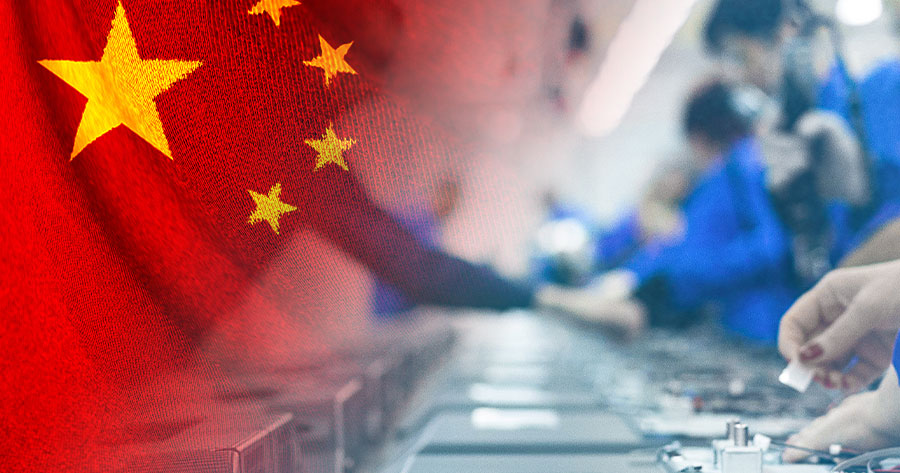Business growth in Euro zone got a boost last month from re-opening of economies, according to a survey. The survey also highlighted soaring energy costs and Russia’s invasion of Ukraine threaten the recovery of the region.
S&P Global’s final composite Purchasing Managers’ Index (PMI) dropped to 54.9 in March from February’s 55.5 but was ahead of a preliminary 54.5 estimate.
“The further reopening of the euro zone economy amid the fading Omicron wave has provided a welcome tailwind to business activity in March, helping drive a further solid expansion from the slowdown seen at the start of the year,” said Chris Williamson, chief business economist at S&P Global.
“However, the resilience of the economy will be tested in the coming months by headwinds which include a further spike in energy costs and other commodity prices due to Russia’s invasion of Ukraine.”
The PMI covering the service industry edged up to 55.6 from 55.5, beating estimate of 54.8.
The rate of growth for overall demand and export orders which included order made between member nations also declined as firms jacked up their prices to compensate for a record increase in input costs.
According last week’s official data, inflation in the zone was record high of 7.5% in March and with the services output prices PMI at 62.6 – the highest since the survey began in mid-1998 – it is likely to rise further.
Increasing cost of living alongside renewed supply chain constrains amid Russia’s invasion in Ukraine has put a big dent on sentiment. The composite future output index slumped to 59.1 from 68.9, its lowest since October 2020.




